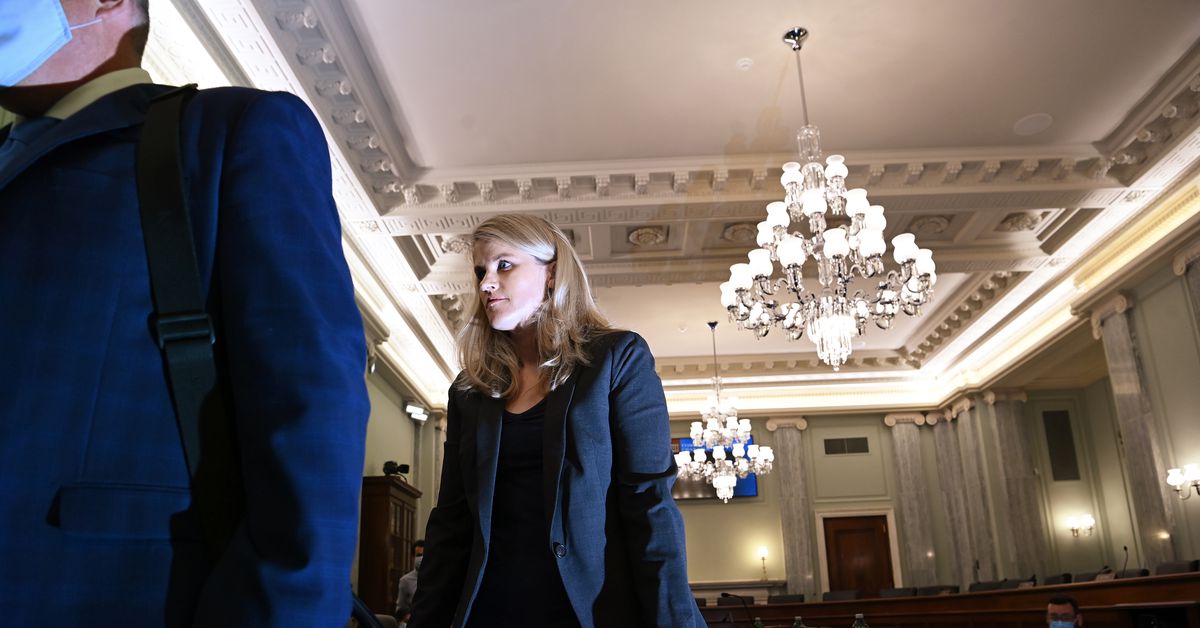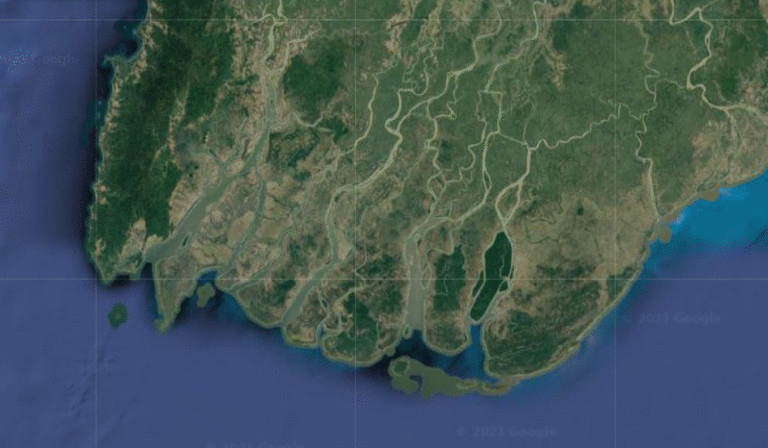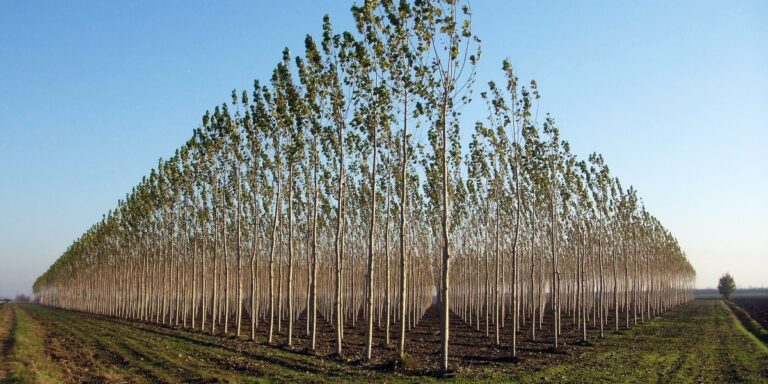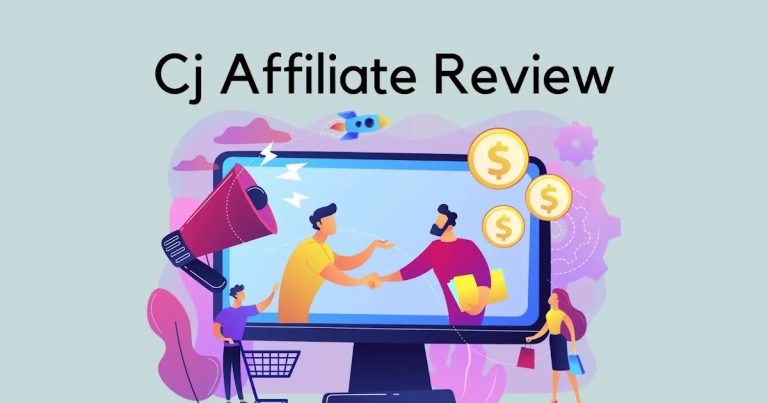
Sen. Richard Blumenthal mentioned a familiar metaphor in the Facebook whistleblower hearing on Tuesday. “Facebook and Big Tech are facing their Big Tobacco moment,” he said, arguing that the social network’s products “can be addictive and toxic to children.” Frances Haugen, the aforementioned whistleblower, has similarly called Facebook’s decisions “disastrous” and has said that the company “chooses profit over safety.”
Do these phrases remind you of Big Tobacco? Sure. They also make me think of Big Oil.
At its best, Facebook’s products are a resource that has led to some good. (Connecting people online can be a powerful thing!) The company also produces an untold quantity of byproducts that lead to a lot of undesired effects. (Helping destroy democracy wasn’t exactly part of Mark Zuckerberg’s plan for world domination.) With nearly 3 billion users around the globe, Facebook isn’t going away anytime soon.
The Big Tobacco metaphor does a good job of framing Facebook’s products as unhealthy. The only problem with comparing the two is that you can pretty easily avoid cigarettes these days. But it’s actually quite difficult to spend a day on the internet without interacting with Facebook.
Most of us can’t just quit Facebook. The entire world can’t easily pick up and move to a new platform. At this point, we depend on Facebook’s products so much that turning them off suddenly can bring entire economies to a halt. We saw this play out on Monday, when a server configuration error took out Facebook, Instagram, and WhatsApp for hours. This may have seemed like a mere inconvenience for a lot of people in the United States, where there are plenty of other ways to communicate and do business online. But in the global South, some of Facebook’s products, particularly WhatsApp, have become essential services.
“Developing nations such as India, Mexico, and Brazil have come to rely on these free messaging services,” Callum Sillars, a social media expert at Ampere Analysis, told the Guardian this week. “They are often the backbone of communication in these countries. Small businesses and informal economies in particular rely on Facebook’s services.”
Sounds a bit like our reliance on oil, right? For example, if we woke up next Monday and all of the oil and gas on the planet had disappeared, it would be chaotic. But it wouldn’t be quite as bad in the US, where renewable energy use has been rising quickly, as it would be in parts of Africa and the Middle East. The developing countries in these areas depend heavily on fossil fuels for their daily energy needs, and they don’t have a viable alternative right now.
You could extend the analogy, too. Facebook is like the oil industry because both play an outsized role in geopolitics. Facebook, like oil, makes massive profits while causing immeasurable harm to society. Facebook, like oil companies of yesteryear, has a habit of gobbling up smaller competitors to increase its control over the market. Comparing Facebook to Standard Oil is actually a pretty fun thought experiment, especially when you look at the inverse relationship between public sentiment and government intervention in Standard Oil. Simply put, it was only after people’s opinion of the Standard Oil monopoly plummeted in the early 1900s — thanks in part to muckraking journalist Ida Tarbell — that antitrust regulators swept in to break up John D. Rockefeller’s empire.
What will happen to Mark Zuckerberg’s empire as it confronts its latest crisis over the harm it causes society remains unclear, but this time feels more serious than its past scandals. In her testimony before the Senate Commerce Committee on Tuesday, Haugen gave lawmakers a blueprint for how to fix Facebook, and Sen. Blumenthal called on Zuckerberg to appear before the committee and answer some questions — specifically about recent revelations, like how Facebook knew that Instagram was harming teen girls but did nothing about it. If his appearance happens this month, Zuckerberg might even run into some oil industry executives testifying before the House Oversight Committee about climate disinformation.
This story first published in the Recode newsletter. Sign up here so you don’t miss the next one!





